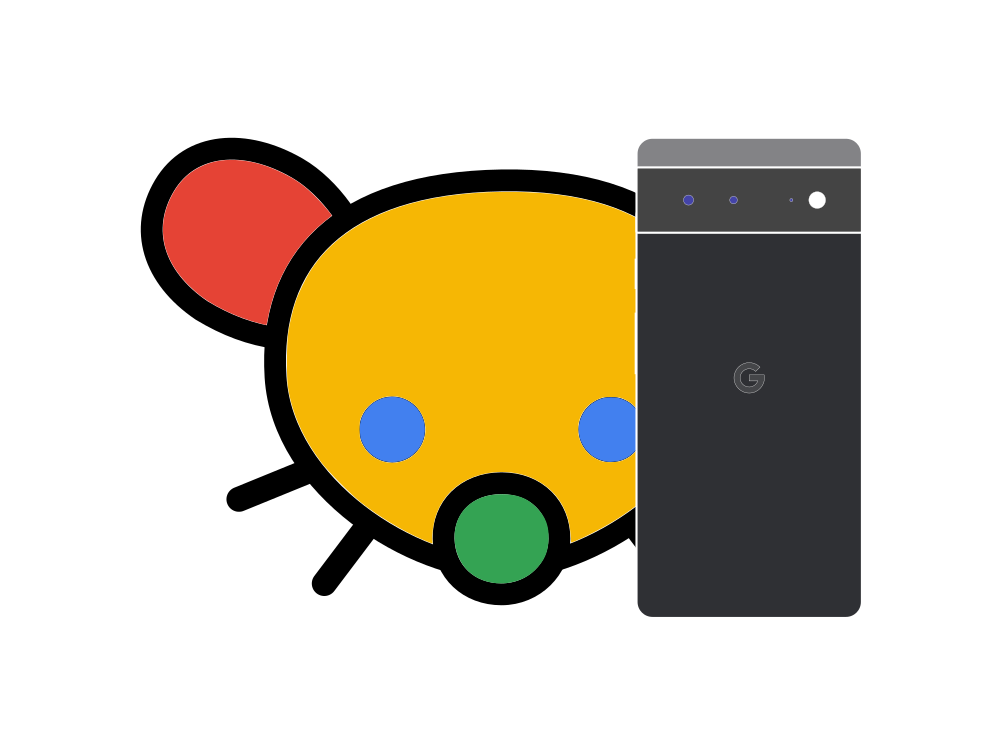Physical changes are also welcome, so things like skins, cases, screen protections etc… are fine to discuss.
For me, in this order:
- Wi-Fi calling: it was very surprising that this was not on by default, and enabling it helped a bit with the battery life on my Pixel 7a;
- Try custom launchers: I was happy with the phone but the very first annoying thing is the damn Google search bar and how there was no way to just hide it like any other widget. So I ended up installing KISS Launcher (it’s FOSS and still maintained);
- Bite the bullet and install GrapheneOS: you get more security, sandboxed Play Services, a more fine-grained permissions system and you can still install the default Pixel apps from the Play Store while cutting off their internet access, and most importantly you get rid of the Google bar (also enabled Wi-Fi calling as previously done).


You customize the OS and then install a custom OS?
I install LineageOS first thing because I can skip Gapps altogether, then I install DDG browser and enable App Tracking Protection (or Untracker might work better for you, use case dependent)
The I install Droidify and Obtanium for my apps, activate airplane mode and then toggle WiFi on.
Very curious, why LineageOS on a Pixel phone?
I admit it was definitely an awkward way of writing it 🙃, but those are simply the things I tried in chronological order as I was not really familiar with GrapheneOS in the beginning.
I’ve been using it since it was Cyanogen on my Nexus S, and stuck with it. I’ve tried many others, but almost a decade ago. LOS just stuck, as I liked the privacy features, flexibility and stability